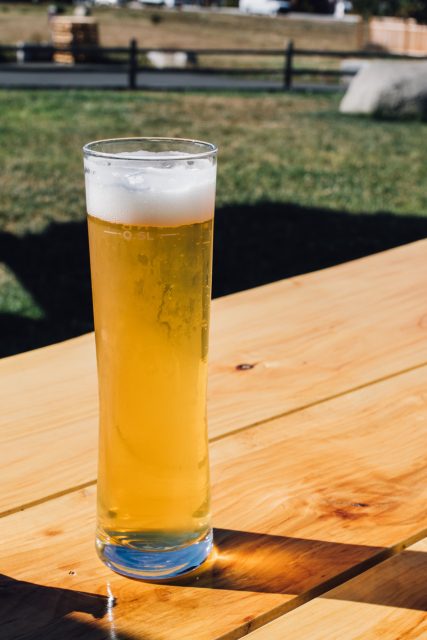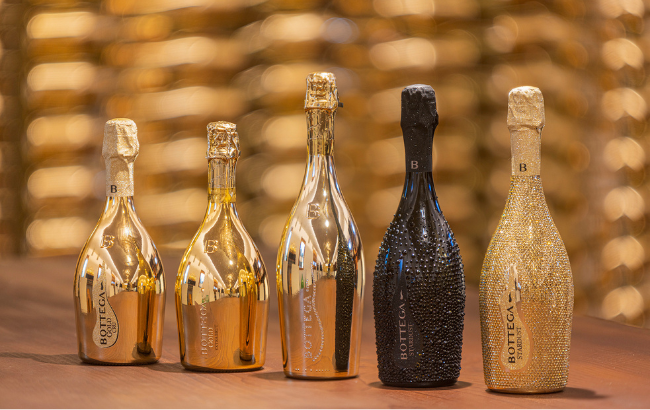What is the outlook for non-alcoholic beer?
By Jessica MasonThe non-alcoholic beer category will continue to grow “substantially” over the next decade according to new data from Allied Market Research.

According to the report, titled ‘Non-Alcoholic Beer Market – Global Opportunity Analysis and Industry Forecast, 2014-2034’ the category’s growth will be “driven by health trends, innovative product offerings, and increasing consumer acceptance”.
The research outlined how non-alcoholic beer has “experienced notable growth in recent years, driven by evolving consumer preferences, heightened health awareness, and a rising trend toward moderation and responsible drinking”. Top impacting factors outlined in the findings identified how “the health benefits associated with non-alcoholic beer as compared to the customary alcoholic beer is fuelling the growth of the market” and went on to state that “non-alcoholic beer helps in stimulating the milk production of breasts and reduces anxiety and stress by providing a sound sleep” and additionally “helps in lowering the risk of cardiovascular diseases”.
The research highlighted how the “rise in population of non-drinkers due to health awareness has facilitated its business” and noted that additionally “greater emphasis on consumption trends such as sugar-free non-alcoholic beers” continues to gain interest.
Alongside these trends, the report described how the “online sale of non-alcoholic beer has gained major traction in markets of Oceania and Latin America” and identified how “upgraded technologies in brewing” was also one of the “beneficial factors in shaping the market of the non-alcoholic beers”.
Partner Content
The global non-alcoholic beer trends highlighted in the findings focused on the fact that the sector was boosted by a swathe of “new product launches to flourish the market”. It also described how “the key market players are adopting robust strategies to extend their global footprint” and stated that “their prime concern is on brand loyalty” which has led to brand owners “introducing new variants in the product portfolio to cater to the needs of consumers”.
The research also observed how “many companies have launched fruit-infused non-alcoholic beer” to offer “an added advantage of taste and quality” and noted how some companies were joining the category via “mergers and acquisitions” as well as ”collaborations, and joint ventures”. The analysts found that, additionally, the introduction of craft beers with no alcohol content have also “further boosted the market growth”.
Growth drivers for the category were said to be “health and wellness trends” due to “increasing health consciousness among consumers” as “a significant driver” while the report added that “non-alcoholic beers offer various health benefits, such as improved cardiovascular health and gut microbiome diversity”.
Other growth drivers included “shifting consumption patterns” due to there being “a growing preference for healthier beverage alternatives” and noted that this “shift is also influenced by cultural and religious factors that limit alcohol intake”.
Lastly, a growth driver seen across companies included “innovation and product development” within the category. The report outlined how now “manufacturers are focusing on improving the taste and quality of non-alcoholic beers and introducing new flavours and functional benefits” which also include “gluten-free, low-sugar and organic options”.
Despite its success, the research stated that the category still “faces challenges such as the loss of flavour during de-alcoholisation, higher production costs, and the perception that non-alcoholic beers lack the sophistication of their alcoholic counterpart”.
Related news
Why Wye Valley Brewery has renamed its flagship beer




